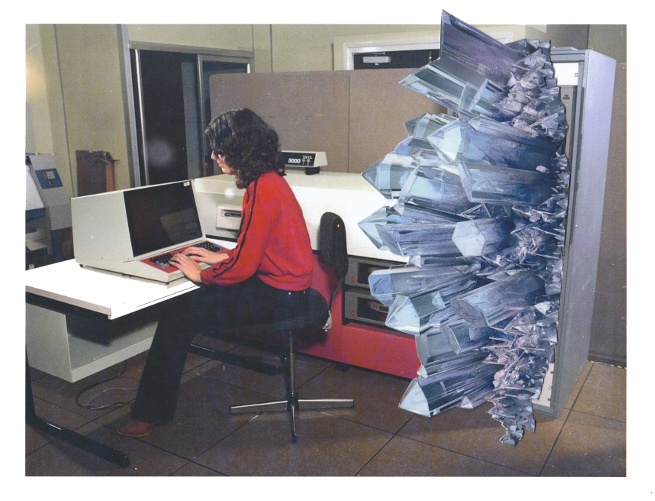Symposium: Bureaucracy
1 Jul 2015
It is a paradox of advanced Western economies that bureaucracy has not only endured; it has actually proliferated. To understand why is to explore complex questions about capitalism, power, individual and collective psychology, and the nature of work. This event, organised by Eliane Glaser with Pil and Galia Kollectiv, brings together academics, writers and artists to expose and represent the meaning and function of this scourge of everyday life that we all contend with, yet rarely think or talk about.
Does bureaucracy go hand in hand with neoliberalism, or is it neoliberalism's guilty secret, a riposte to its professed efficiency? How is bureaucracy represented in literature and theory – from Franz Kafka to David Foster Wallace, Max Weber to Michel Foucault; and what do these representations reveal about the relationship between bureaucracy and human nature in post-industrial society? We all recognise form filling and box ticking as the pointless paraphernalia of audit culture, yet we comply with it anyway. Could it be that for all its inhuman, lifeless character, we are somehow attracted to bureaucracy because it is untaxing, relaxing, and procrastinatory, in a world that prizes relentless hard work and high-speed commerce?
Speakers include: David Graeber, anthropologist and author of The Utopia of Rules (2015), political and cultural theorists Jeremy Gilbert and Mark Fisher, novelist Tom McCarthy, author and lecturer Stevphen Shukaitis, writer Eliane Glaser and artists Pil and Galia Kollectiv.
In partnership with Reading University and in association with Canterbury Christ Church University.



